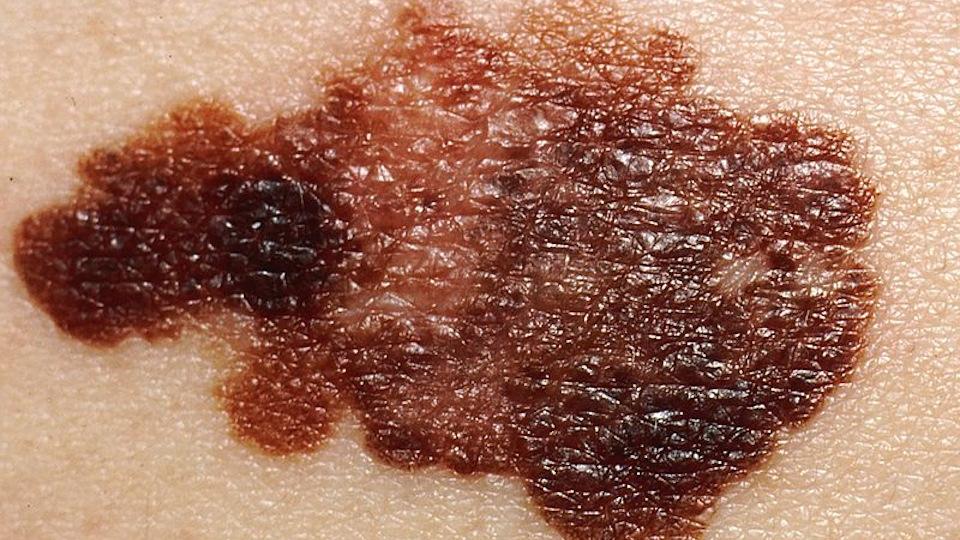First patient treated with Moderna's PD-1/IDO1 cancer shot

The first patient has been treated in a phase 1/2 clinical trial of an experimental Moderna vaccine designed to generate antibodies against PD-L1 and IDO1 – two targets thought to protect tumours from attack by the immune system.
Injections of the mRNA-4359 vaccine have started in the UK at Imperial College Healthcare NHS Trust in the Mobilize study, which aims to enrol almost 200 patients with advanced solid tumours, including melanoma, lung, breast, and head and neck cancers, at several centres around the world.
The first patient to receive the therapy is an 81-year-old man from Surrey with treatment-resistant malignant melanoma.
PD-L1 is a cell surface receptor expressed on both tumour and regulatory immune cells and functions as a checkpoint to inhibit T-cell function, while IDO1 is an enzyme involved in T-cell suppression and immune tolerance.
The mRNA-based vaccine is designed to instruct the body to generate antibodies against PD-L1 and IDO1 through a course of intramuscular injections given as a monotherapy or in combination with MSD’s PD-1 inhibitor Keytruda (pembrolizumab), a widely-used treatment for various cancers, including melanoma and non-small cell lung cancer (NSCLC), over six months.
The main aim of the study is to assess the safety of mRNA-4359 and its ability to stimulate antibodies against PD-L1 and IDO1, but it will also investigate whether the vaccine or combination with Keytruda can actively shrink tumours. Results are due in 2027, with patients followed up for two years after the treatment completes.
The first patient to receive the vaccine, who wishes to remain anonymous, said that being able to participate in the trial was “a relief. I knew from my original diagnosis that I had something that was never going to go away, or unlikely to go away.”
He added: “Taking part in a trial gives you a sense that you’re contributing to something which can help a lot of other people. You’re also clearly doing it for personal reasons, but it’s a mixture of those two.”
The results of the study will be closely watched to see if a new generation of mRNA-based vaccines can reproduce in oncology the dramatic results seen with the technology in infectious diseases like COVID-19.
Moderna and partner MSD have already advanced one mRNA vaccine called mRNA-4157 (also V940) into phase 3 trials alongside Keytruda in NSCLC and melanoma, used as an adjuvant therapy for earlier-stage tumours that can be treated with surgery. Results are due from 2029 onwards.
The partners seem to be a little ahead of BioNTech – Moderna’s arch-rival in the COVID-19 vaccine category – when it comes to applying the technology to cancer. BioNTech is also developing its BNT111 vaccine for relapsed/refractory melanoma that is in mid-stage testing in combination with Regeneron’s PD-1 inhibitor Libtayo (cemiplimab), with results due next year.
Dr David Pinato, a consultant medical oncologist at Imperial College Healthcare NHS Trust and investigator of the UK arm of the Mobilize trial, said: “This research is still in the early stages and may be a number of years from being available to patients, but this trial is laying crucial groundwork that is moving us closer towards new therapies that are potentially less toxic and more precise. We desperately need these to turn the tide against cancer.”












